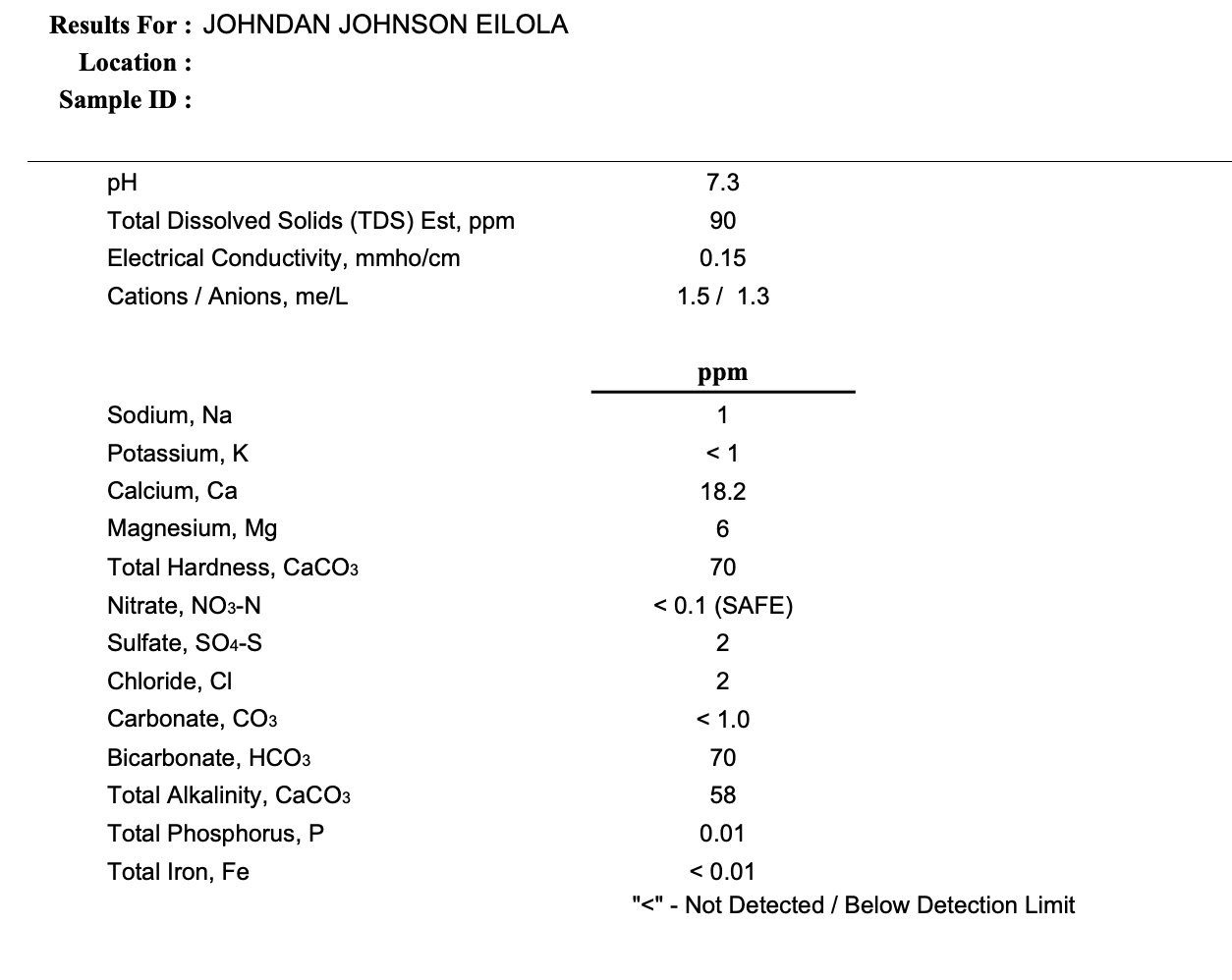- Joined
- May 24, 2020
- Messages
- 105
- Reaction score
- 141
Apologies because I know if I spent long enough sorting this out, I could probably come up with my own answer, but chemistry class was the low point of my first year of college.
Some highlights from a water analysis I had done by Ward:
First, am are those correct assumptions? Second, what are my treatment options (besides just buying R0 water, which I'd prefer to avoid)? Will adding calcium chloride work?
I've only made a few batches so far and I'm generally happy with them but they could be better. I'm getting fermentation temps under control (thanks to plentiful help from this forum) and am moving from extract to a Grainfather system, but I'm always looking for more ways to improve.
Some highlights from a water analysis I had done by Ward:
- pH: 7.3
- Nitrate: 2
- Sulfate: 2
- Total Hardness CaCO3: 58
First, am are those correct assumptions? Second, what are my treatment options (besides just buying R0 water, which I'd prefer to avoid)? Will adding calcium chloride work?
I've only made a few batches so far and I'm generally happy with them but they could be better. I'm getting fermentation temps under control (thanks to plentiful help from this forum) and am moving from extract to a Grainfather system, but I'm always looking for more ways to improve.




![Craft A Brew - Safale S-04 Dry Yeast - Fermentis - English Ale Dry Yeast - For English and American Ales and Hard Apple Ciders - Ingredients for Home Brewing - Beer Making Supplies - [1 Pack]](https://m.media-amazon.com/images/I/41fVGNh6JfL._SL500_.jpg)





















































